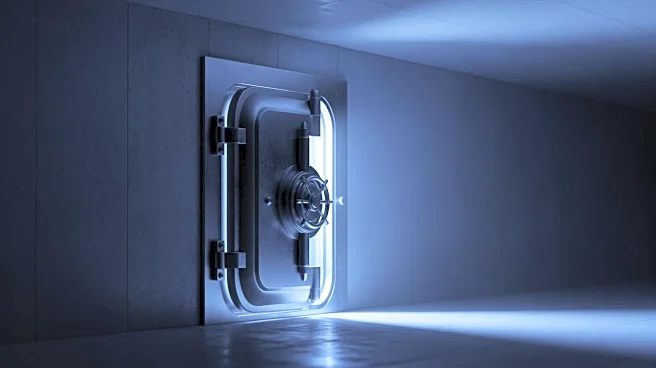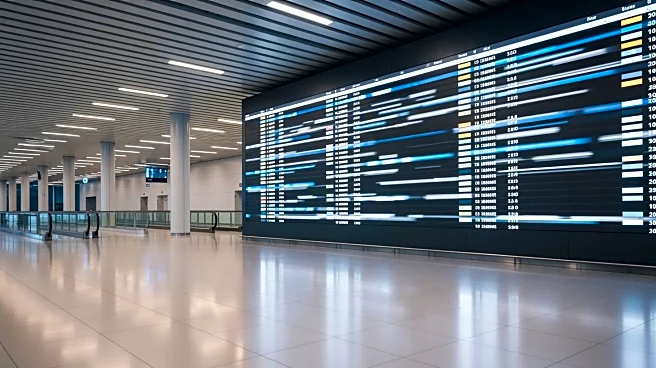What's Happening?
Iran has officially terminated its agreement with the International Atomic Energy Agency (IAEA) that allowed inspections of its nuclear facilities. The decision was communicated through a formal letter
from Iranian Foreign Minister Abbas Araghchi to the IAEA's Director General, citing distrust in the agency's credibility. This move follows a resolution by the IAEA Board of Governors demanding Iran provide detailed information on its nuclear materials, a resolution drafted by the U.S., France, the UK, and Germany. The termination of the agreement raises concerns about Iran's nuclear activities, especially given the recent attacks on its facilities by Israel and the U.S., which Iran cites as a major reason for the nuclear standoff.
Why It's Important?
The cessation of the nuclear inspection deal heightens international concerns regarding Iran's nuclear program, which Western nations fear could lead to weapons-grade enrichment levels. The situation complicates diplomatic efforts, as Iran remains open to negotiations but rejects what it perceives as one-sided demands from the U.S. The U.S. has imposed economic sanctions targeting Iran's nuclear and energy sectors, aiming to cut off funding for Iran's nuclear weapons development and support of terrorist proxies. The geopolitical tension affects global security dynamics and could influence U.S. foreign policy and international relations.
What's Next?
Potential resumption of discussions between the U.S. and Iran is hinted at by President Trump, who expressed openness to negotiations. Saudi Crown Prince Mohammed bin Salman has offered to mediate between the two nations. However, Iran's readiness to negotiate is contingent on fair terms, and the U.S. continues to enforce sanctions. The international community will closely monitor Iran's nuclear activities and any diplomatic developments.








